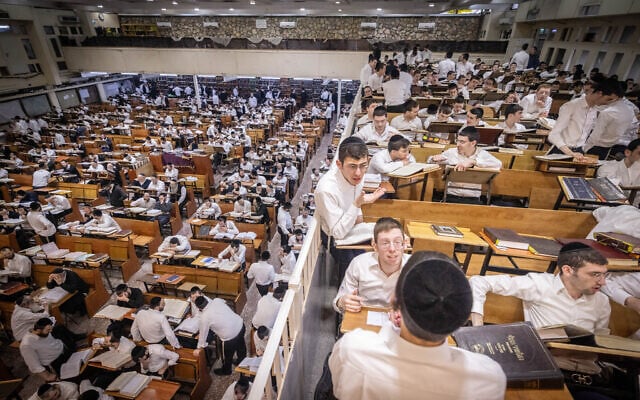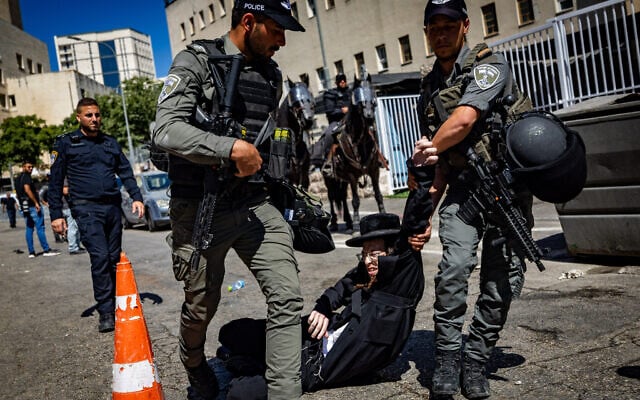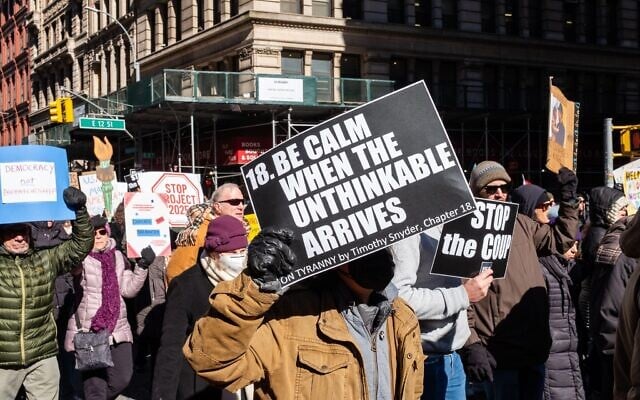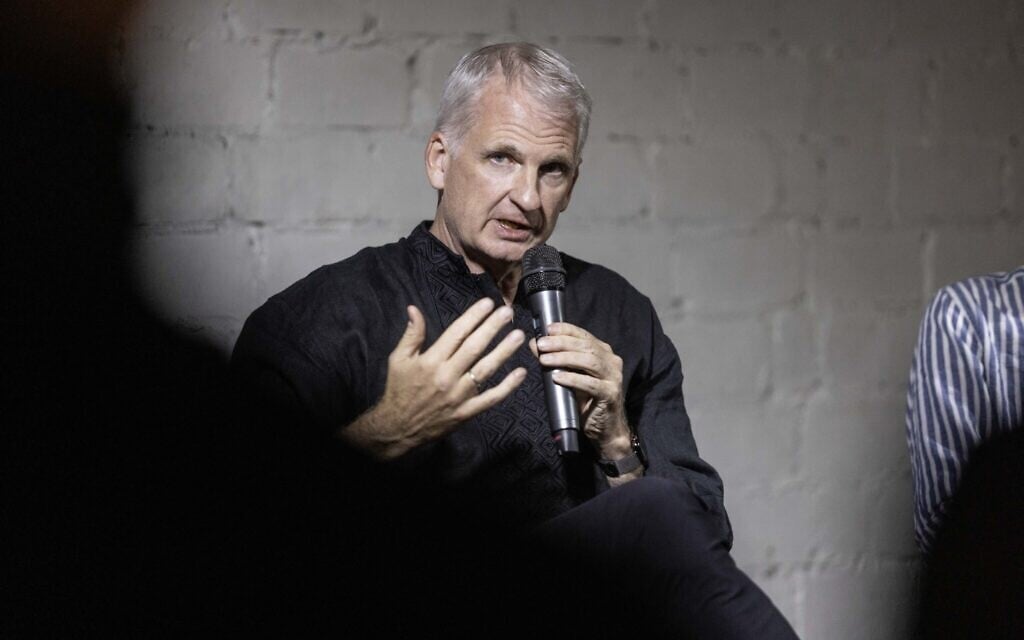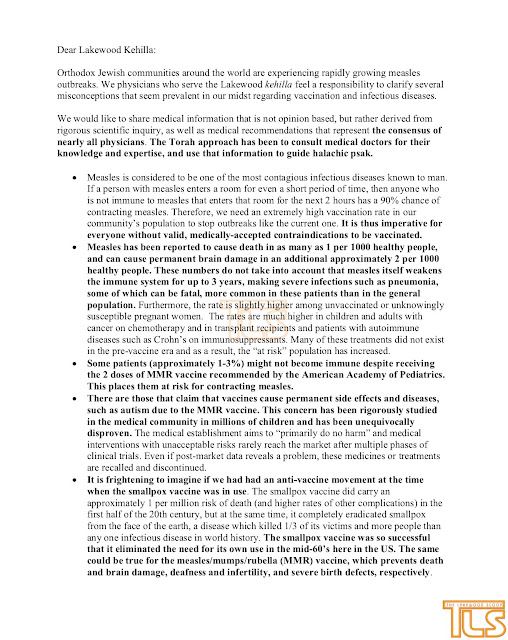What Timothy Snyder gets right on Ukraine and wrong on Israel
Indeed, as Adam Garfinkle brilliantly examined in an essay published this week in Quillette, the damage to American foreign and military policy due to Trump’s evisceration of the NATO Alliance is even worse than the grim picture that Snyder paints. The ability of the US Navy and Air Force to assist Israel depends on its continued, secure presence in the Atlantic Alliance in Europe. Should the United States voluntarily destroy its position in Europe, creating an advantage for Russia, the consequences for its ability to serve as Israel’s ally will be severely limited.
During the Cold War, Israeli leaders understood that if the Soviet Union were to succeed in driving the United States out of Europe and extending its political influence over Western Europe, the prospect of a successful Arab attack would have been greatly enhanced, deeply endangering Israel’s security. Thus, the defeat of the Soviet Union’s efforts to break the Atlantic Alliance, the spread of democracies to Central and Eastern Europe, and the dissolution of the Soviet Union itself represented enormous gains in security for Israel. Donald Trump and the America First ideologues in his administration appear to have no understanding of the connection between preserving the American position in Europe and being able to project power in the Middle East. The interview with Snyder is a valuable reminder that authoritarian politics in the United States endanger its foreign and military policies and that his mass pardon of those convicted of crimes in the attack on the US Capitol on January 6, 2021, appeased right-wing antisemites.
Yet, when Snyder turns to the issue of antisemitism and events on American campuses, he offers comments that are neither convincing nor accurate.
Snyder, referring to the demonstrations on American university campuses denouncing Israel in the aftermath of the Hamas attack of October 7, 2023, asserted that “the cause of suppressing these protests was largely the cause of people who didn’t care about Jews or antisemitism in American domestic politics. That ought to be worrying if you were Jewish and if you care about antisemitism.”
But I know of no protests directed against Israel, on or off American university campuses, since October 7, 2023, that were “suppressed,” and Snyder offers no examples. Some universities did stop protests if they violated time, place, and manner rules, such as bans on making noise in the middle of the night that disturbs students sleeping in dorms, preventing students from attending classes, or disrupting classrooms. Other universities, however, tolerated these violations for many months. Since October 7, 2023, chapters of the pro-Hamas organization Students for Justice in Palestine (SJP) were and still are allowed to publicly chant “free, free Palestine, from the river to the sea” due to protections of free speech that remain intact.
Furthermore, while Snyder does not specify who or what he has in mind when he refers to “people who didn’t care about Jews or antisemitism,” the implication is that criticism of the protests or describing them as forms of antisemitism was primarily a preoccupation of American conservatives who used the antisemitism issue for their own political purposes. In fact, both Jewish and non-Jewish students and faculty on campuses, such as our University of Maryland Faculty Against Antisemitism and for Academic Freedom group, cared very much about the antisemitism. We had witnessed it from the pro-Hamas demonstrators who were calling for the destruction of the state of Israel or who sought to cancel or expel “Zionists” from campus. The excellent reports by a task force on antisemitism at Columbia University include no desire to “suppress” protest, but they do point to the reality of antisemitism that came from the protests Snyder has in mind. Numerous other Jewish organizations, on and off campuses, have repeatedly expressed public alarm about the explosion of hatred toward Israel that came from “progressive” circles on the faculty and students. Snyder writes as if that did not occur.
Snyder refers to a specific concern about “the blanket ban and the de facto consensus on the issue that students are not allowed to protest.”
“That’s really a very bad thing,” he continues, “because if students aren’t allowed to protest, whatever the origins of that, if students aren’t allowed to protest, then who is going to protest in American society? That’s where we are right now. That is, unfortunately, a very bad thing as we head into all the other problems that we’re going to face in 2025.”
This comment also flies in the face of the facts. Certainly, it would be “a very bad thing” if that were the case, but I know of no case in which any American university, even in the most conservative parts of the country, has issued a “blanket ban” or supported a “de facto consensus on the issue that students are not allowed to protest.” It is not true that “students aren’t allowed to protest” or that “that’s where we are right now.” Especially as Snyder is a historian, it is most unfortunate that he makes these assertions without the support of evidence.
At the University of Maryland, College Park, the Students for Justice in Palestine (SJP) sought to hold a rally on October 7, 2024 – that is, on the anniversary of the attack the previous year. Jewish students, faculty and alumni were outraged at what would be understood as a celebration of the terrorist assault. Wes Moore, Maryland’s Democratic Governor, stated, “I think Oct. 7 is an inappropriate date for such an event. Terrorists target civilians, and that’s what Hamas did a year ago on Oct. 7. And that’s what that day should be remembered as — a heinous terrorist attack on Israel that took innocent lives.”
The University leadership initially decided to cancel all events for that day, including memorial events by Jewish students. A federal judge reversed that decision and SJP was allowed to have its demonstration, while about 1,000 Jewish students attended a memorial service at the campus Hillel. There was no “blanket ban.” On the contrary, a pro-Hamas student group was allowed to hold a rally even on the anniversary of the October 7 massacres.
Snyder did not seize the opportunity, really the great privilege, of an interview with the editor-in-chief of The Times of Israel to denounce the apologia and silences about Islamist antisemitism that became so evident in American universities since October 7, especially in departments in the humanities and social sciences. Throughout this period, the voices that dominated discussion about these issues were those denouncing Israel as a form of settler colonialism, apartheid and then genocide. Only a minority of us in those fields raised the issue of the ideological hatreds of Hamas, Hezbollah, the Islamic Republic of Iran and of Islamist antisemitism in general.
As Paul Berman has recently demonstrated in an essay in Liberties, an anti-Zionist consensus has found a firm footing among tenured faculty, especially alarmingly, in fields related to the Middle East and Israel. One result of that successful long march through the institutions is that far too few faculty were teaching or conducting research on antisemitism in its leftist and Islamist forms. The YIVO Institute for Jewish Research in New York City sponsored a series of widely attended webinars on scholarship on Islamist forms of antisemitism and the origins of Hamas’s ideology, but such discussions were rare in the relevant university departments.
If Timothy Snyder recognizes that Ukraine’s fight to survive Russia’s aggression is part of the same struggle that Israel is waging to survive against the efforts of Islamist organizations and Iran to destroy it, he did not make that connection explicit in the interview with David Horovitz. Due partly to the tradition of frank confrontation with the crimes of the Nazi regime, and to awareness of the historical links between Islamists and the Nazis, it is in Germany, more than in the United States, where scholars and journalists have most clearly drawn the connection between the two wars. That has happened most consistently and powerfully in the writing of the journalist and essayist Richard Herzinger, who published “Israel and Ukraine Are Fighting the Same Battle” in November 2023. This essay, available in English via Google Translate, is especially important to read in view of Trump’s attack on Zelensky and his repetition of Russian propaganda. Herzinger wrote in part:
While the Western world’s unconditional solidarity with Israel is now essential, the direct connection between the anti-Semitic terror of destruction carried out by Hamas for the benefit of Iran and the genocidal war of annihilation waged by Russia, Tehran’s closest ally, against Ukraine must not be forgotten. Israel and Ukraine are both fighting not only for their own survival, but to defend democratic civilization, basic human rights, and dignity. The West must never cease to support them both with equal intensity in this fight, which they are waging for all freedom-loving humanity.
Herzinger’s plea takes on added urgency in view of the ambush of Zelensky by Trump and Vice President JD Vance in the Oval Office.
For Israel, the lesson from that disgraceful display of extortion and bullying is that the more vulnerable a small state, the more dangerous it is to have to depend on the United States in the era of Trump and Trumpism. The United States is no longer a reliable ally if reliability refers to a policy based on a blend of shared values and interests. As Trump’s embrace of Putin’s Russia deepens, the less likely he may be to support a military strike against Iran’s nuclear program. If Trump thinks Saudi oil and sovereign investment funds are more important than the votes of American Jews, or that Israel has become a nuisance that gets in the way of a great-power rapprochement with Russia and perhaps China, I can well imagine an American turn against Israel.
Herzinger’s voice does not reflect a majority sentiment in Germany, but neither is he completely alone. There remain wellsprings of support for Israel in Europe, along with a recognition that Europe’s fight against Russian aggression is of a piece with Israel’s military response to Hamas and Hezbollah. As the United States threatens to retreat from Europe and ceases, at least for the time being, to be the leader of the free world, that is, of the world’s liberal democracies, Israel would be well advised to strengthen its bonds with a Europe that is belatedly but surely awakening to a world transformed.
Though the primary threat to our democracy comes from Trump and his supporters, Timothy Snyder and other trenchant critics of American authoritarianism need to write and speak much more clearly about antisemitism and hatred of Israel when such ideological hatreds and misconceptions about Israel come from within the American university.





